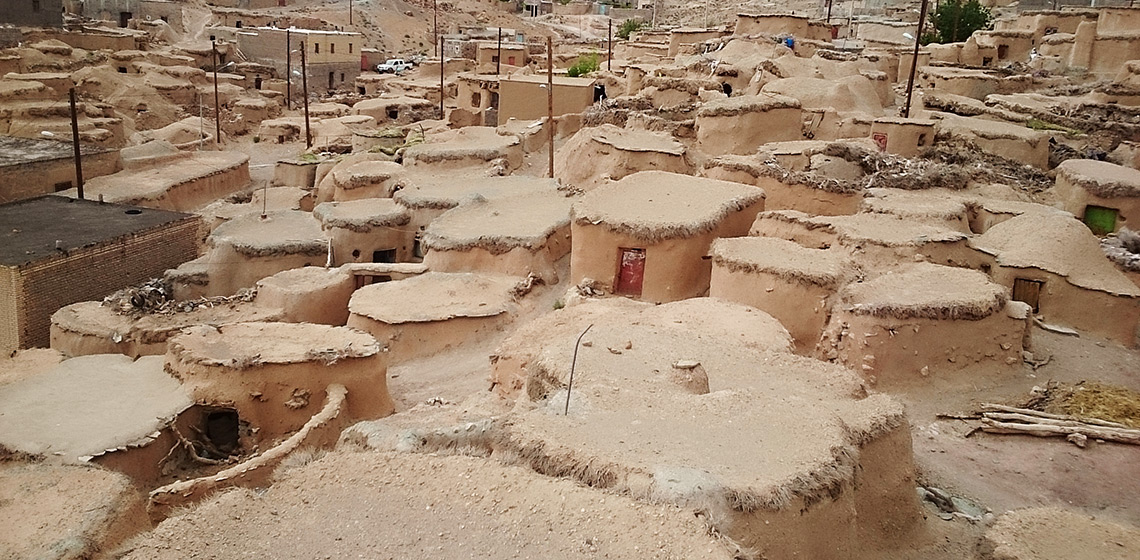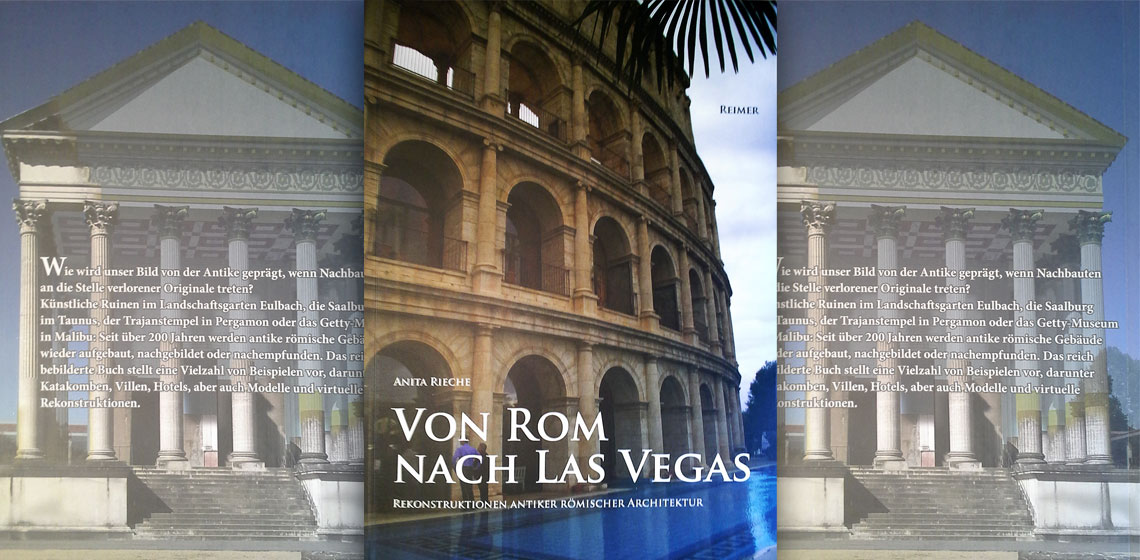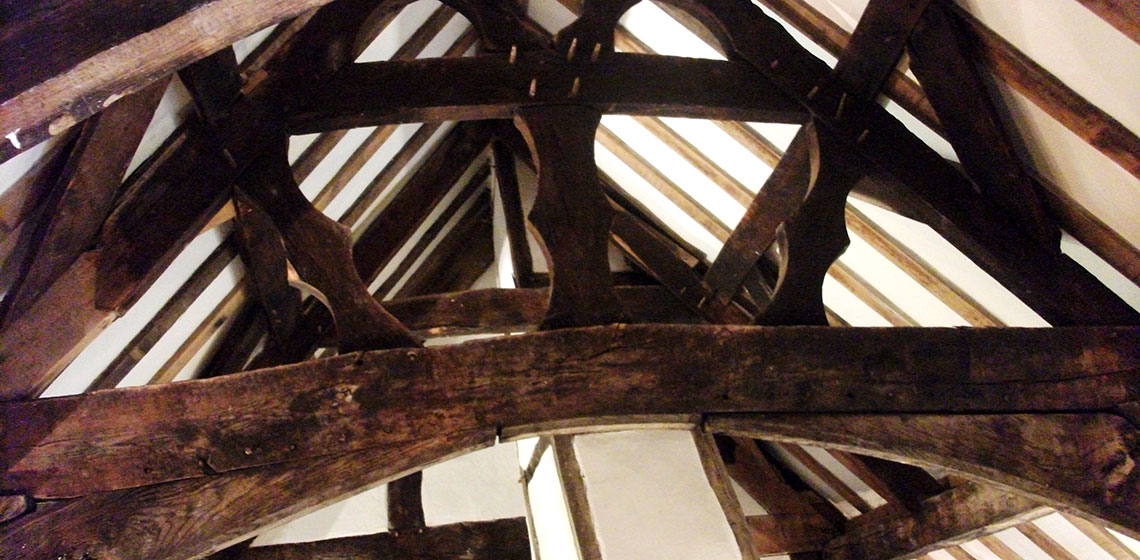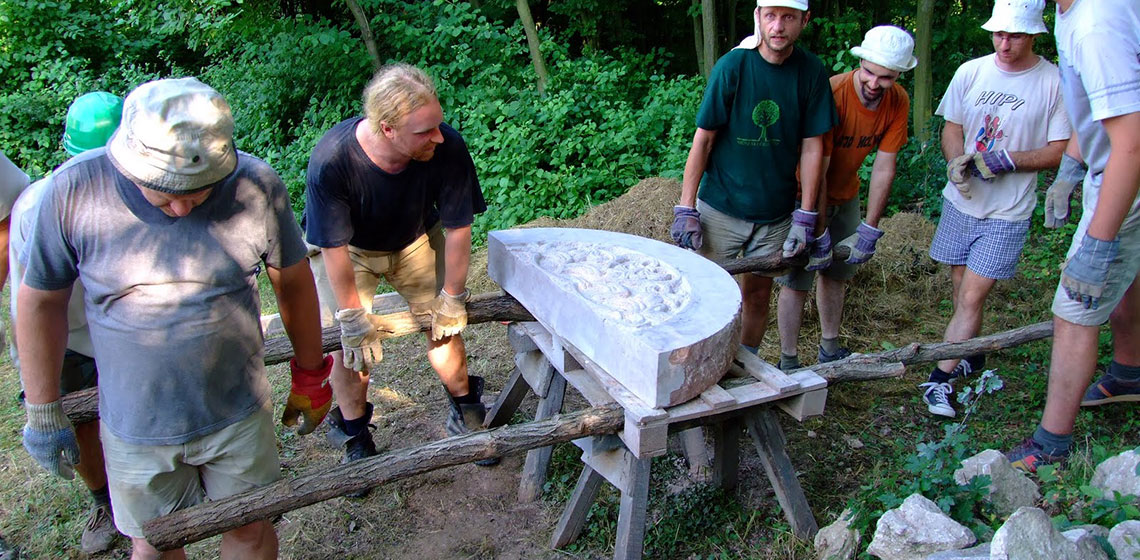architecture
An Ethnoarchaeological Discussion of the Impact of Religion on Architecture in a Remote Iranian Village
Publication Date
In the years 2014 to 2015, an Ethnoarchaeological study of the architecture of Makhunik village (IR) was done. After that, this architecture was studied in different points of view. One of these views was the influence of religion on the architecture of the traditional phase (ca. 1660-1960) to explore the impact of immaterial issues, such as religion in a very religious village, on ...
Book Review: From Rome to Las Vegas. Reconstructions of Ancient Roman Architecture by Anita Rieche
Publication Date
For more than 200 years ancient buildings have been reconstructed. Reasons for the reconstruction of Roman architecture in particular are many. People enjoy being surrounded by fully realised reconstructions of ancient ruins where they can be taught in a manner reflecting a museum-like academic rigour...
History Matters at Ty Mawr Medieval Hall
Publication Date
Nestled in the hills of Montgomeryshire lies a gem of medieval history, the enigmatic Ty Mawr hall (Ball 2009a) rediscovered in the late 20th century, yet over 500 years old. Hidden within a tumbled down brick cow house this remarkable medieval house was the largest aisled hall ever recorded in Wales...
Contribution to the Medieval Building Technology Based on the Reconstruction of a Rounded Church
Publication Date
This article presents the experimental archaeological project to build a medieval rotunda reconstruction using rough stone building technology. Here, a medieval rotunda reconstruction is presented by contemporary building technology...




